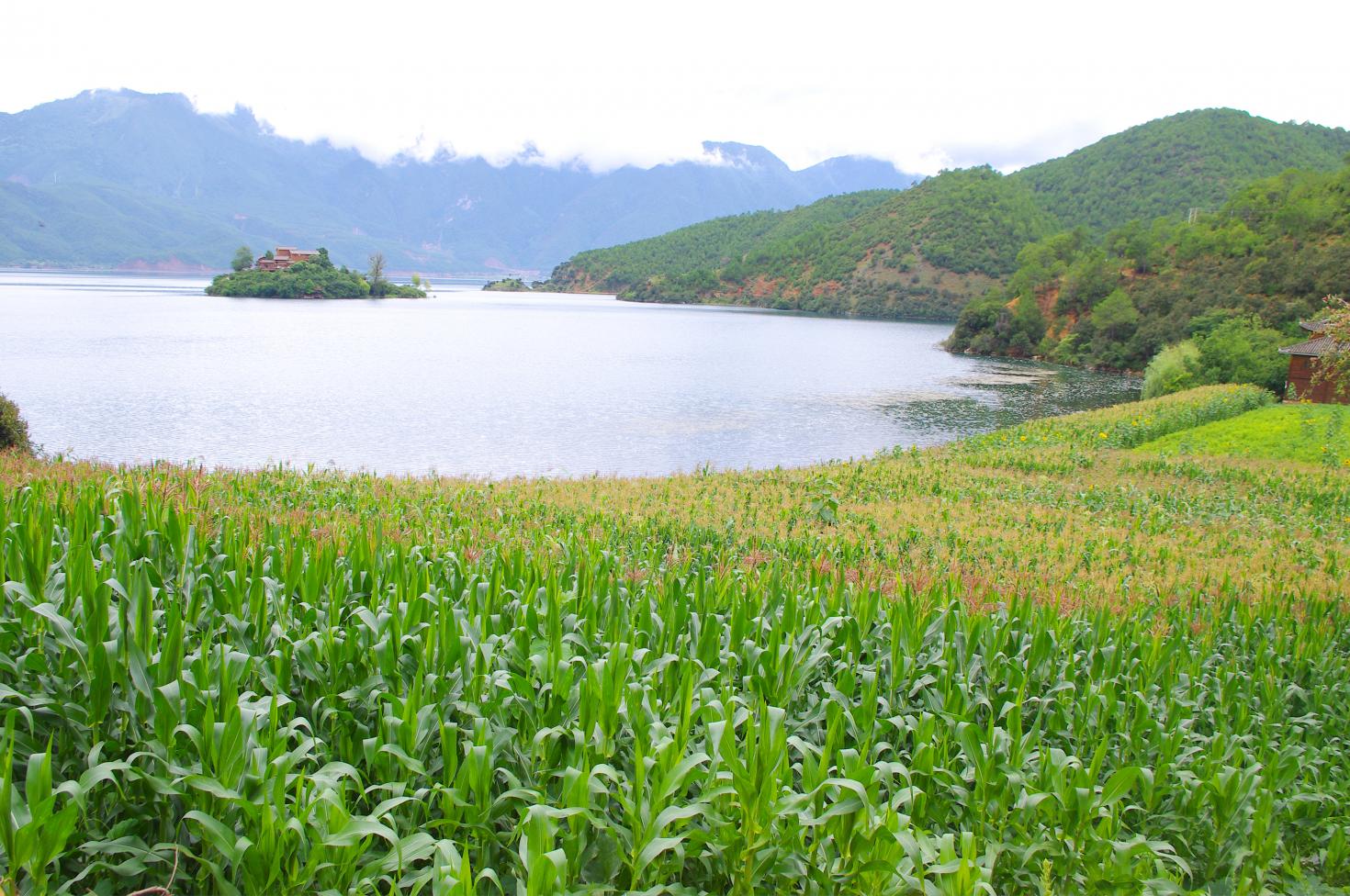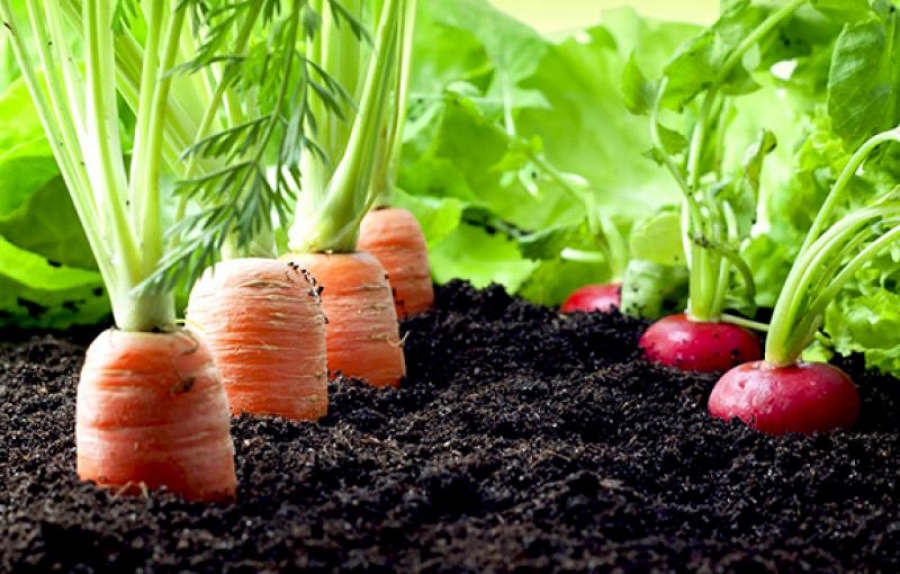This was demonstrated by various public and private stakeholders during a meeting of members of the steering committees of the program being carried out by the Instituto Interamericano de Cooperación para la Agricultura (IICA) and the award-winning scientist Rattan Lal, who heads the Rattan Lal Carbon Management and Sequestration Center (C-MASC) at Ohio State University.

The project, launched in december 2020, has shaped a robust coalition, which is battling the degradation of a resource critical to health and life and has already made concrete, tangible gains. It links science, public policy, the private sector and soil restoration work in the Hemisphere, whose deterioration threatens the position of Latin America and the Caribbean as a guarantor of global food security.
At the meeting, the main achievements were presented and the roadmap for the remainder of 2023 was drawn up.
Bayer, Syngenta and PepsiCo are the major food companies involved in the program, which is being implemented in Brazil, Canada, Chile, Colombia, El Salvador, Mexico, Peru and Uruguay, with the support of the ministries of agriculture of those countries.
Using the best management approaches, the project links technical cooperation with governments, international agencies, universities, the private sector and civil society organizations to help halt land and agricultural degradation processes that deplete soil organic matter, a natural resource that is essential for life.
IICA and the C-MASC are also promoting the Suelos Vivos de las Américas on the fundamental premise of the need to move towards land management practices and incentives to transform agricultural systems into ecosystems that accumulate more carbon in soils, thereby contributing to the mitigation of climate change.

A problem with social impact
Professor Lal pointed out that degradation, deforestation and overgrazing are phenomena that have deteriorated the health of soils in Latin America and the Caribbean and that this has serious social consequences, since small agricultural producers are among the poorest sectors of the population.
The scientist said that greenhouse gas (GHG) emissions from land use change account for 42% of total emissions in the region and that the program aims to maximize soil recovery, promote the reduction of carbon emissions generated by deforestation and enhance carbon sequestration in the soil.
"Soils are part of the solution for food and environmental security and farmers play a key role in conversing biodiversity and mitigating climate change", he said.
Lal also noted that drought has become a major problem that has affected a huge area of South America, from the Amazon to the Andes, including Patagonia, and that this reinforces the importance of the Suelos Vivos de las Américas project for food, climate and water security.
In addition to Otero and Day, IICA's Director of Technical Cooperation, Federico Villarreal, and Institute specialists Kelly Witkowski and Francisco Mello participated in the meeting of the Suelos Vivos de las Américas program.
He also underscored the value of active participation in the initiative by the private sector, which plays a critical role in translating science into action. "They are very important actors in making the Sustainable Development Goals (SDGs) a reality. Through the private sector, the project is taking forward actions to combat climate change and make soil a carbon sink", explained Lal.
Alessandra Fajardo, director of Alianzas de la Cadena de Valor Alimentaria para América Latina at Bayer, explained the details of the Pro Carbon program that the company launched in Brazil to promote carbon sequestration in soils.
"We are working" he reported, "with 1,900 farmers in 16 states, who are advised on good practices by specialists of their choice. The first benefit achieved by adopting this program is that soil quality improves and, consequently, higher productivity is obtained. The farmer then begins to see the difference in his pocket immediately, in addition to the prospect of selling carbon in the future.
Javier Peris, Syngenta's Agroecosystems Technical Manager, said that the company is carrying out a large number of projects related to soil conservation. He gave details of the Livingro program, which is in force in six countries. This initiative encourages farmers to apply specific protocols of good practices in a variety of crops.
"These are sustainable or positive agricultural practices and to design and improve them we collaborate with 25 research institutions in the countries, generating data, because often what is lacking is information", said Peris.
IICA Assistant director general Lloyd Day congratulated those carrying out the project and said that a good part of agriculture in Latin America is working to restore land and watersheds.
"The agrifood system is not failing, as it feeds billions of people around the world every day. Working with companies and universities we can improve it to reduce the impact on the planet and combat the climate crisis", he said.

Objectives achieved
Manuel Otero said that Suelos Vivos de las Américas is of strategic importance to IICA and that, in the 28 months since the program was launched, it has been achieving the objectives it set out to achieve.
"The platform was created to make countries critically aware that if soil degradation is not addressed in a very serious way, everything else we can do for food security is going to be meaningless", said the Director General of IICA.
"We are mapping the main policies of the countries", he said, "which are beginning to exchange their experiences in soil recovery. This is a step in the right direction. Of course, it does not mean that degradation in the region, which averages 30% of the land, is being reversed. But there is an awareness that as soils degrade, poverty increases and the only way out for vulnerable sectors is to flee these degraded areas".
"We have reason to be cautiously optimistic, believing that, working together, we can reverse this serious problem", he concluded.
In addition to Otero and Day, IICA's Director of Technical Cooperation, Federico Villarreal, and Institute specialists Kelly Witkowski and Francisco Mello participated in the meeting of the Suelos Vivos de las Américas.
Translated by: A.M
 English
English  Español
Español 
